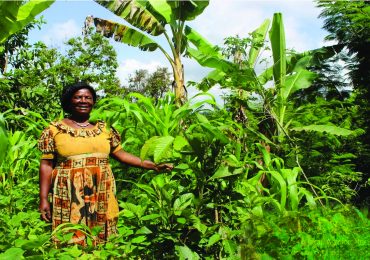The activities of most non-governmental organizations (NGOs) around the globe, center around, but not limited to protecting the environment, helping the sick and needy, preserving arts and culture and others. These activities by nature are unprofitable, reasons why it is called philanthropic work. Traditionally, NGOs rely on the goodwill and generosity of others to cover the costs of their activities.
This support comes in form of grants, volunteerism, internship, service agreements, employee programmes and donations either by international donor agencies, individuals or Government. Today, especially with the advent of COVID-19 and other economic crises, NGOs are realizing that such traditional funding sources are insufficient to meet growing needs of their programs. Due to declining global philantropic funding, it is difficult for NGOs to do long-term planning, improve on their services or reach their full potentials.
NGOs seeking to mainstream sustainability into their institutional systems usually: redesign program activities to include cost-recovery components, whereby the beneficiaries or clients of the NGO pay part of program costs, send out consistent grant proposals.
Streamline costs, as well as improving the global communication strategy.
Majority of NGOs around the world raise millions of dollars online by engaging their supporters and well-wishers about a particular cause. According to Luis Nkembi, President/CEO of ERuDeF, given the global variability of this decline, NGOs have been forced to adapt dinamic management systems to curb the negative impact of this decline. Some of the innovative methods the NGOs use in their management include, cost recovery modules, social enterprise development, long term programme visioning, global philantropy, online campaigns and long term human resource development.








